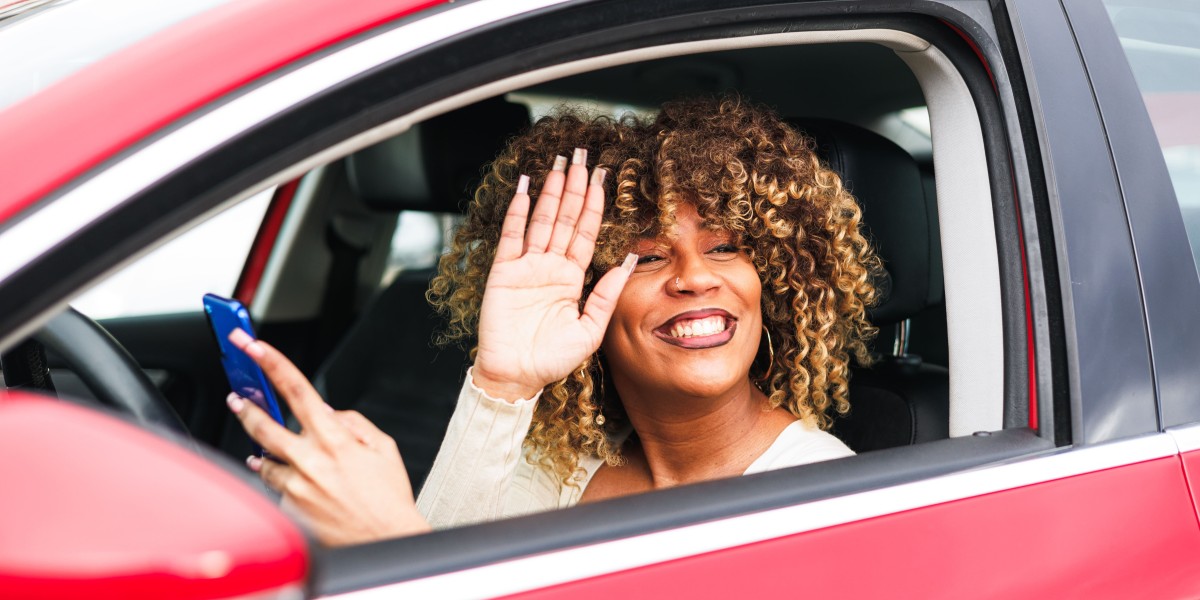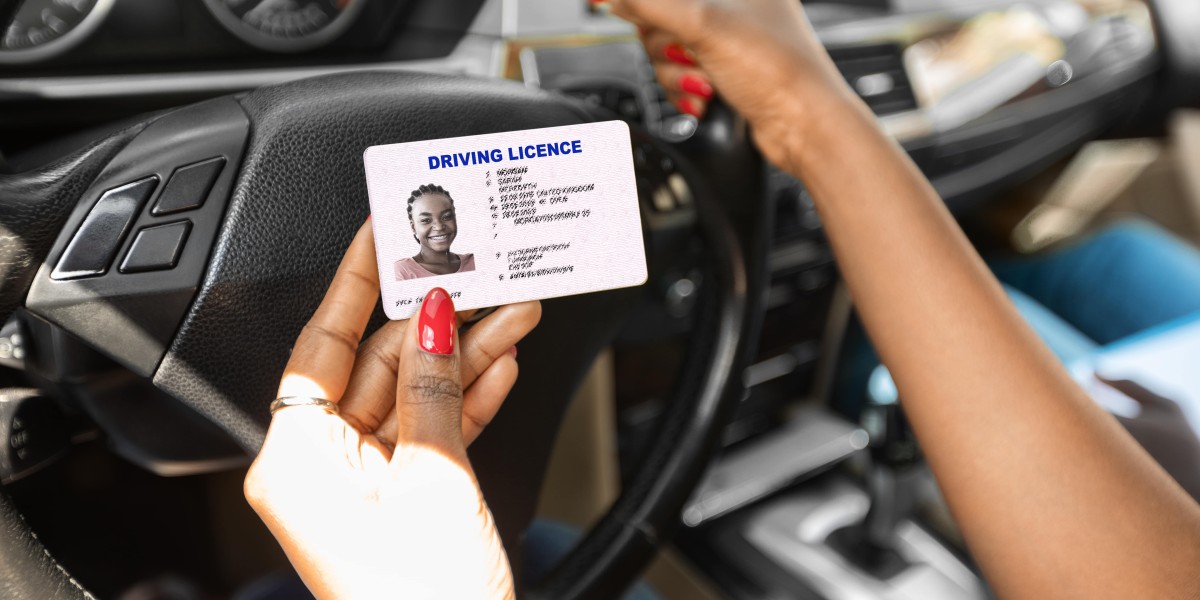
Understanding the Process of Buying a Driver License: A Comprehensive Guide
In today's significantly mobile society, having a valid driver's license is frequently thought about a need. It offers people with the freedom to browse their environments, access job opportunities, and perform everyday activities with ease. However, the concept of getting a driver's license can be bogged down in confusion and aggravation, especially for those not familiar with the conventional application paths. In spite of some deceptive stories that suggest the choice to just "Buy Driver License, Qalamscholar.Com," a driver's license, understanding the legal paths and the ramifications of such decisions is essential for anyone seeking to hit the roadway lawfully.
The Importance of a Valid Driver's License
A driver's license serves several important functions:
Legal Identification: It acts as a government-issued identification document, accepted broadly for various functions, including ballot and financial transactions.
Evidence of Driving Competence: The license indicates that the holder has actually passed the required driving exams, demonstrating their capability to operate a car securely.
Insurance Requirement: Most states require drivers to have a valid driver's license to protect vehicle insurance coverage, which is mandatory for road use.
Traffic Laws Compliance: A driver's license assures law enforcement that people have actually undergone the required training to understand and comply with traffic laws.
Legal Pathways to Acquiring a Driver's License
In pursuit of driving advantages, there are genuine procedures one can follow to acquire a driver's license:
1. Student's Permit:
- This is frequently the primary step for brand-new drivers. A learner's license allows people to practice driving with a certified adult present.
- To get a learner's license, candidates usually must:
- Be of a particular age (generally 15 or 16).
- Pass a composed knowledge test.
- Supply required documents, such as proof of identity and residency.
2. Driver Education:
- Enrolling in a driver education course can offer essential knowledge about road guidelines, safety protocols, and automobile operation.
- Conclusion of this course might be a requirement for obtaining a complete driver's license in most jurisdictions.
3. Road Test:
- After keeping the student's permit for a given duration and logging the required driving practice hours, individuals can set up a roadway test.
- Passing this test is crucial for getting a complete, unrestricted driver's license.
4. Documentation:
- Applicants will generally require to provide:
- Identification documents (like a birth certificate or passport).
- Evidence of home.
- Social Security number.
- Any previous driving records, if suitable.
5. Fees:
- There are generally costs associated with the application process, which might vary by state.
The Risks of Buying a Driver License
While the notion of buying a driver's license may initially seem attractive, it is accompanied by substantial risks and potential effects:
Legal Ramifications: Purchasing a driver's license beyond the established legal channels is unlawful. People caught in this act might deal with severe penalties, including fines or jail time.
Identity Theft Risks: Many deceitful offers on the web involve identity theft, where people may inadvertently expose their personal info.
Insurance coverage Issues: Without a legitimate driver's license, obtaining car insurance coverage can be impossible. Driving without insurance coverage can result in hefty fines and liability for mishaps.
Increased Risk of Accidents: Without the requisite training and screening associated with obtaining a valid license, untrained drivers posture a risk to themselves and others on the road.
FAQs About Acquiring a Driver License
1. Can I drive without a driver's license?
No, driving without a valid driver's license is unlawful in most jurisdictions. It can result in fines and additional penalties.
2. How long does it require to get a driver's license?
The timeline can vary depending on the person's state of residence, stockpile at the Department of Motor Vehicles (DMV), and how rapidly the applicant finishes the needed steps. Typically, the entire process might take a number of months from getting a learner's license to scheduling and passing the roadway test.
3. Can I utilize my out-of-state driver's license in another state?
Yes, numerous states permit people to drive with an out-of-state license for a certain duration. However, if you become a homeowner of the brand-new state, you will require to obtain that state's driver's license.
4. What should I do if my driver's license is lost or taken?
You need to report the loss or theft to your regional DMV and follow their process for acquiring a replacement. This often includes verifying your identity and paying a small charge.
5. Exist age constraints for obtaining a driver's license?
Yes, each state has minimum age requirements. Typically, individuals can start the process with a student's permit at age 15 or 16, however complete licenses are typically given at 18 or 21.
Concluding Thoughts
While the allure of just buying a driver's license might exist in some circles, the associated risks and legal implications make this choice unadvisable. Rather, understanding and following the legitimate paths to getting a driver's license is the safest and most accountable technique. Whether through a teen's preliminary journey towards self-reliance or an adult seeking to gain back driving benefits, browsing the correct channels not just makes sure compliance with the law however also fosters accountable and educated drivers. Hence, possible drivers are motivated to invest their effort and time into the legal procedure, making sure a brilliant and legal future spent on the open road.






